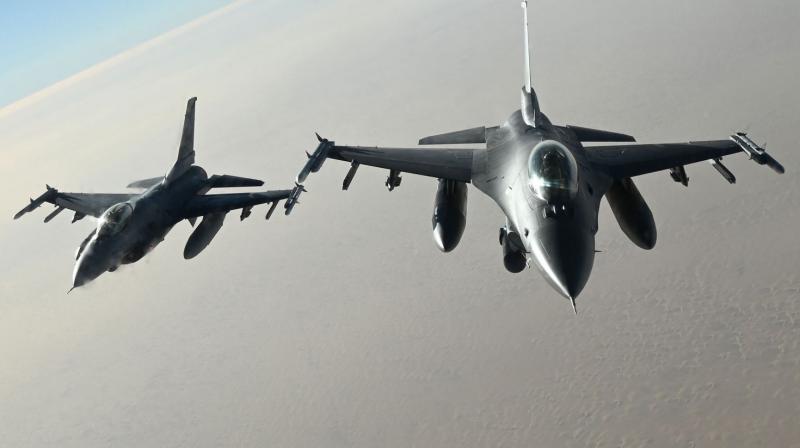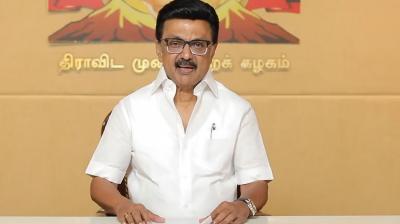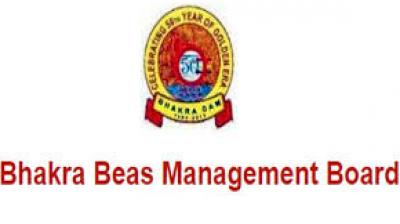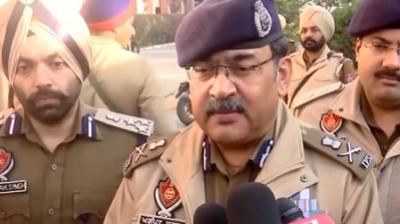
Meanwhile, Iran’s Atomic Energy Organization,...confirmed that its nuclear facilities were “subjected to savage aggression”
Could Iran’s Retaliation Spark a Wider War? Here's What Experts Say
Could Iran’s Retaliation Spark a Wider War? latest news: New Delhi / Washington / Tehran: Experts fear that if Iran chooses to attack U.S. bases in other countries following the United States’ airstrikes on Iranian nuclear facilities, it could lead to a widening war. The situation may escalate further with the potential blockade of the Strait of Hormuz—a vital waterway for global oil transportation—resulting in severe global economic repercussions. Countries like India and China are expected to be significantly impacted.
Foreign Affairs expert Sushant Sareen, speaking to ANI, stated, "If Iran attacks U.S. bases in other countries, then America will also want to strike back." He further warned, “Many of those countries may see such actions as attacks on themselves, which could lead to a wider war."
Sareen added, “Another move Iran might make is to block the Strait of Hormuz, through which nearly 30% of the world’s oil is transported. If that happens, the global impact will be massive. The economic fallout will affect all countries—India included—with China particularly vulnerable, as much of its oil passes through that region."
The U.S. military launched airstrikes early Sunday (IST), targeting three major Iranian nuclear sites: Fordow, Natanz, and Isfahan, marking a significant escalation in the already tense conflict between Iran and Israel.
Following the strikes, U.S. President Donald J. Trump issued a stern warning:
“ANY RETALIATION BY IRAN AGAINST THE UNITED STATES OF AMERICA WILL BE MET WITH FORCE FAR GREATER THAN WHAT WAS WITNESSED TONIGHT. THANK YOU! — DONALD J. TRUMP, PRESIDENT OF THE UNITED STATES”
Meanwhile, Iran’s Atomic Energy Organization, in a statement issued after the attacks, confirmed that its nuclear facilities were “subjected to savage aggression” and labeled the strikes a violation of international law. The organization, however, reassured the Iranian public that the country’s nuclear program would continue:
“Despite the malicious plots of its enemies… this national industry — built on the blood of nuclear martyrs — will not be halted.”
PM Modi Urges De-escalation in Call with Iranian President
Prime Minister Narendra Modi spoke with his Iranian counterpart, President Masoud Pezeshkian, following the U.S. military strikes on Iran’s nuclear infrastructure.
According to ANI, the call was initiated by Iranian President Pezeshkian, who reached out to PM Modi to discuss the evolving regional situation. The conversation lasted approximately 45 minutes.
President Pezeshkian referred to India as a friend and key partner in promoting regional peace, security, and stability. He expressed gratitude to Prime Minister Modi for India’s consistent stance on dialogue, diplomacy, and de-escalation, and emphasized that India’s voice and role are vital in restoring calm and stability across the region.
(For more news apart from Could Iran’s Retaliation Spark a Wider War? Here's What Experts Say, stay tuned to Rozana Spokesman)














